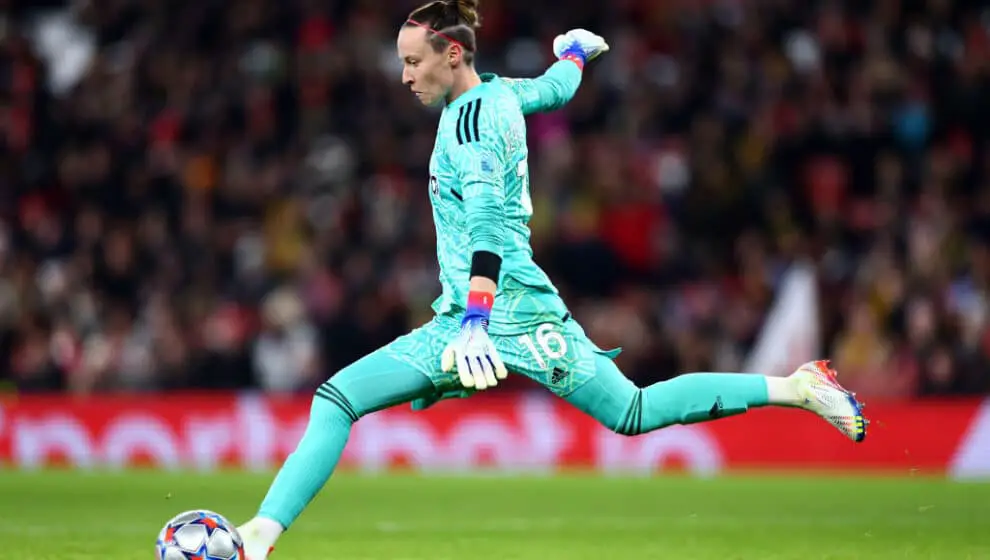The 2022 World Cup has faced many controversies but it is also marking a special year for innovation with algorithmic referee technologies being implemented.
Key Details
- Technology continues to play an important and growing role in modern soccer.
- As we previously reported, the World Cup is collaborating with multiple government agencies and data firms just to track illicit sports-betting practices.
- VR technology is also being used as a promotional tool.
- Now FIFA is implementing artificial intelligence (AI) and algorithms to track games more closely than ever, Inc reports.
- Video Assistant Referees (VARs) were introduced in 2018 and this year’s World Cup has introduced semi-automated offside technology to help automatically make calls during games.
Why it’s Important
Soccer is the most popular sport in the world and it’s a serious business. FIFA expects to earn $4.7 billion in profit and Qatar invested $220 billion to prepare for the month-long games.
The 2022 World Cup in Qatar has faced numerous challenges and controversies since it began last month but it is still driving innovation. Its new automated technologies are helping field officials make more accurate calls.
“In collaboration with Adidas and FIFA’s own internal technology innovation group, the association crafted a system in which 12 cameras are mounted underneath the roof of the stadium to continuously track both the ball and each individual player on the field in order to instantaneously tell when the ball or the player have moved out of bounds,” says Inc.
Cameras track the positioning of the players in addition to the position of their limbs and process it using AI technology. It then generates an animation for viewers to see what happened, allowing referees to immediately make tough calls.
The technology is connected to the Adidas Al Rihla Pro, a motion sensor technology built into the soccer ball that transmits inertia and position data to the VAR team, Inc reports.
Notable Quote
“Just three minutes into the opening match last Sunday, Ecuador’s Enner Valencia thought he had scored the quickest goal in World Cup history, against host team Qatar. But his goal was voided for being offsides after review through a network of cameras, algorithms, and a sensor in the ball itself that broadcasts real-time data on its precise position,” says Inc.

